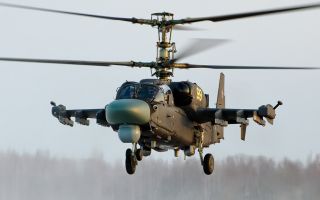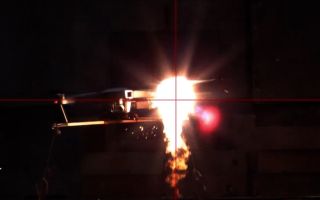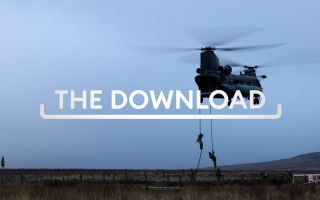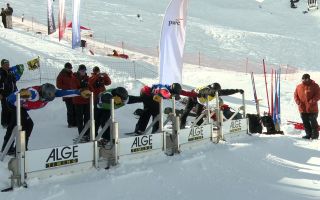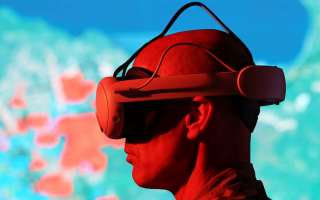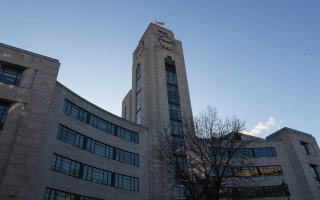King's Troop prepared in case of any coronation procession disruptions
The King's Troop have been hard at work preparing their horses ahead of their prominent role in King Charles III's coronation.
And with reports of protesters set to target the high-profile event, the horses are being de-sensitized and prepared in the event of any potential disruption.
Months of training have gone into preparing horses and riders for the historic occasion, including working with other agencies such as the police to ensure the security of the event.
When asked about any possible disruptions, King's Troop Riding Instructor Lance Bombardier Rebecca Blythe said: "I mean, I've not seen much of that myself so far.
"But, I think we do a lot of preparation for the horses and, if they can listen to guns and everything else we put them through, I'm sure they will be fine."
The King's Troop consists of about 168 personnel alongside 120 military working horses.
Some recruits join King's Troop Royal Horse Artillery as keen riders, however, there are also many who join without having much riding experience at all.
Young military riders recently faced a critical horsemanship test that determines if they can ride with the King's Troop Royal Horse Artillery in the coronation parade.
King's Troop Veterinary Officer Captain Emma Lane-Ley credited the other agencies, such as the police, who work closely with the King's Troop, that help assist in the smooth running of events.
"I think we're fortunate that we work with other agencies as well.
"We work closely with the police and we work closely with all the other aspects that, sort of, monitor the security of the event.
"We have to just continue to de-sensitize our horses, and make sure they're as prepared as possible, but in the event of an incident we will respond to it as and when needed."
Other disruptions
However, something else has been on the Commanding Officer's mind in terms of potential disruption for the horses, the sound of pipes and drums behind them.
King's Troop Commanding Officer, Major Fran Sykes said: "One of the challenges we've had is how do we get our horses used to the sound of pipes and drums behind us, so that's going to be a challenge."
Maj Sykes said it's a challenge that will be tackled "with practice and a lot of good luck".
She added: "It's a really unique sound, and having anything behind horses is normally what makes them a little bit upset as it's against their natural instinct.
"In terms of fight or flight, they are very definitely flight creatures. We are lucky our horses are very used to doing ceremonial work, whether that's processions or gun salutes, all sorts of different things.
"As a result, we do rely on the more experienced ones who do keep the younger ones calm," Maj Sykes added.

